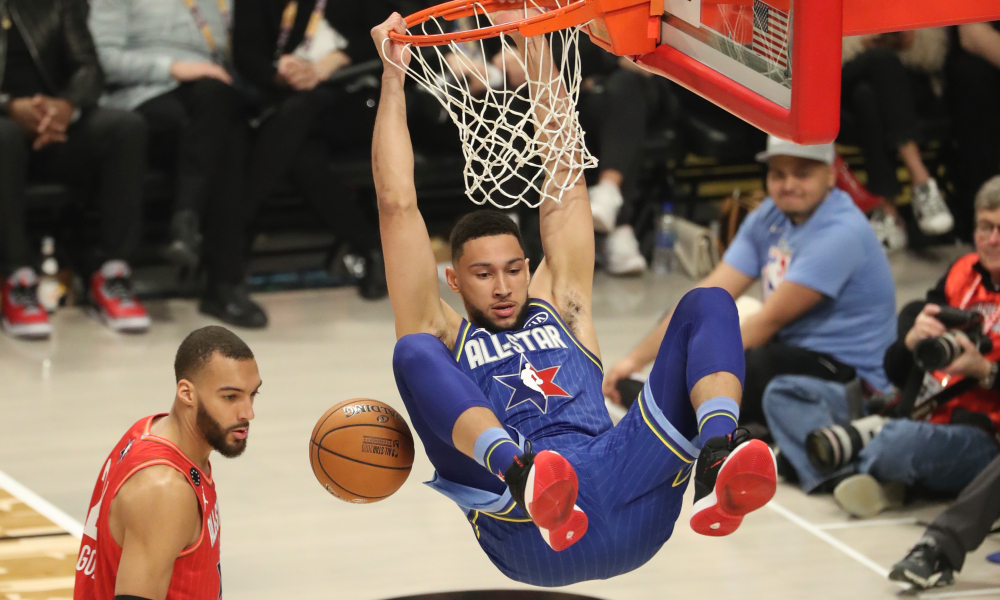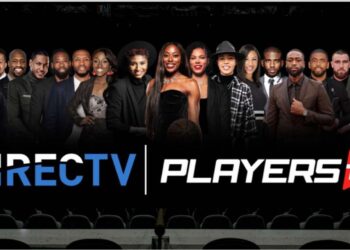The NBA has dealt with criticism for holding the All-Star game this season and while there are COVID-19 safety precautions to account for, the narrative in this particular case is wildly overblown. The benefits of the game severely out-weigh the risks and while I’m no lawyer, it’s easy to do a Johnnie Cochran impression in defending the league’s veracious decision to hold the game in Atlanta.
Basketball revenue is at the forefront of the argument. TNT reportedly makes $30M in ad revenue from All-Star weekend alone. Surely, that figure will be slightly less this year with no additional nights for festivities, though it’s much more than the average NBA game. The additional revenue gets factored into the league’s TV deal which in turn (down the line) gets factored into the league’s Basketball Related Income (BRI).
Why this matters: BRI directly contributes to the salary cap. Taking out the game (in conjunction with the other missed revenue opportunities this season and last) would further impact the allotment of money that teams have to spend in free agency.
It’s a numbers crunch. LeBron James won’t feel that slight drop. James Harden’s financial advisor isn’t sweating it. It’s unlikely that any of the All-Stars would themselves have any financial qualms stemming from a drop but it impacts the guys in the middle, between the stars and the cost-controlled rookie contracts.
Drops in BRI impact the future Robert Covington‘s of the world; the Moritz Wagners looking for a deal above the minimum; the Marcus Morrises (Morri?) searching for a contract above the mid-level.
That’s why when Paul George, James, and other stars will complain about the contest, there’s no serious threat of the star players boycotting the event as a whole; they’d just be taking money out of their future teammates’ hands.
There are also additional benefits: How many people forgot Dwight Howard was in the league until he joined the dunk contest last season? How many fans were that familiar with Aaron Gordon before his high-flying acts in the event? Zach LaVine got some additional buzz this year just being rumored to be considering the event. While we won’t have as many events this year, there will be additional opportunities for marketing exposure to those who participate.
It seems like so long ago at this point but we’re coming off a season where we had the best All-Star in recent memory. There was defense and actual competition with the Elam Ending providing electricity. Were you not entertained?
https://www.youtube.com/watch?v=NBjQklEweE8
But what about safety? We’re in the middle of a pandemic: First off, let’s, as a country, stop saying “in the middle” of a pandemic. We’re hopefully far from the “mid-point” and hopefully nearing the end.
Still, safety is at the top of the priority list, and measures have been taken. There won’t be fans. Players and media are not arriving in Atlanta to take part in parties and such that normally accompanies the weekend (players and media are arriving on Saturday this year as opposed to Thursday or Friday in a normal year). And from the players’ standpoint, let’s not forget that they travel privately with little to no contact with people and exposure from outside the team.
It’s really no different than a regular-season contest, except this is one where the league and its players are able to capitalize exponentially compared to a regular-season contest. If the All-Star is so unsafe and so unnecessary, then why have Pistons-Hawks at the end of April? Why not just start sending teams home from the season when they get to 45 losses to avoid unnecessary risk?
Like it or not, professional sports are a business. Embracing the NBA means embracing the business of the NBA.
Business, much like life, is about risk-reward. The reward of the 2021 All-Star is apparent, not just for the league but for the fans who get to be entertained from the safety of their homes. The All-Star weekend isn’t going to be exactly what we’re used to but it’s still going to an entertaining event. Embrace it and enjoy the show.











